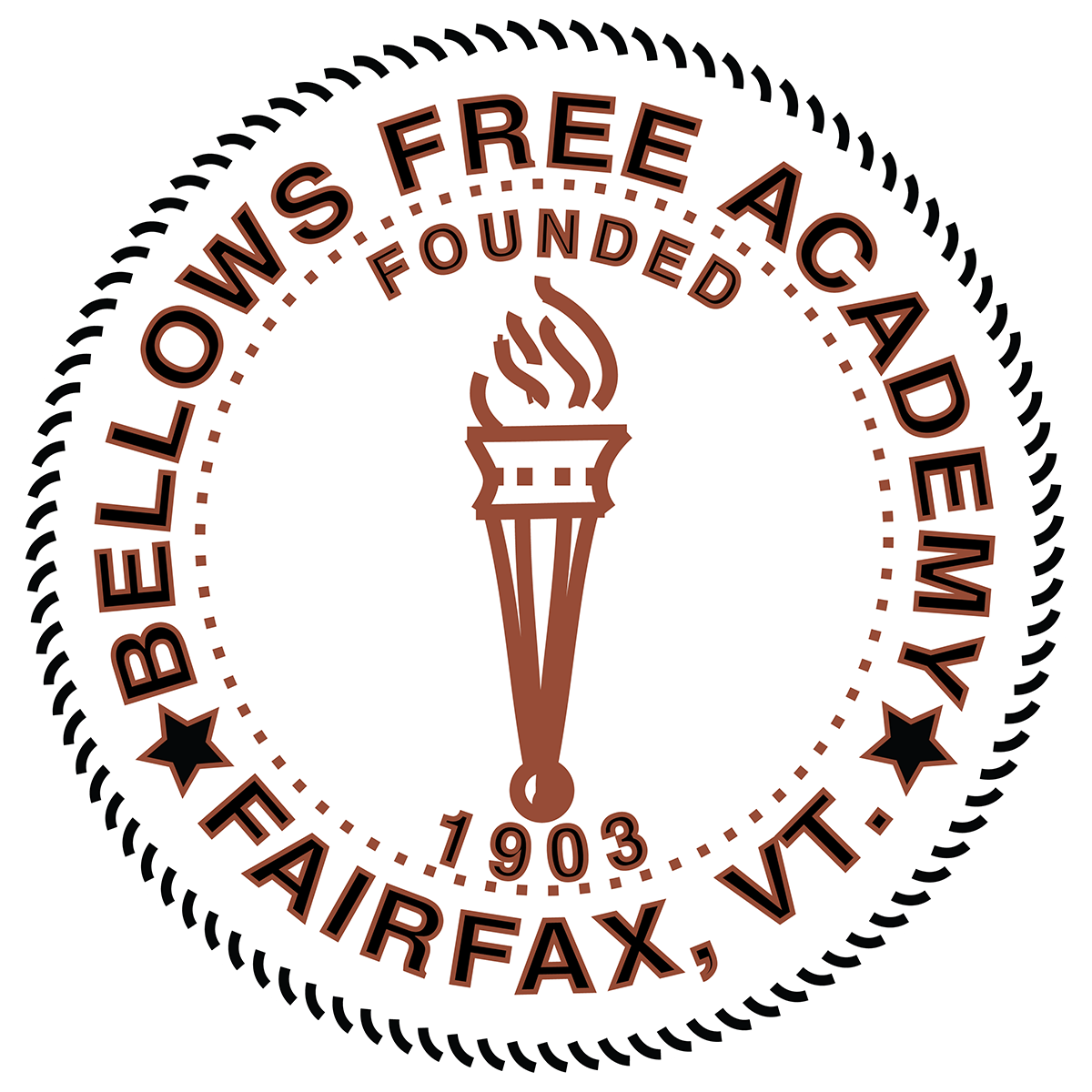Written by Tom Walsh, BFA Fairfax ES Principal
In April, I was approached by two students in Mrs. Bidwell’s class about starting an after-school book club. I was initially skeptical but was quickly convinced through the determination of Kennedy LaVigne and Emmy Hebert, with the support of Mrs. Bidwell and Mrs. King, to make this learning opportunity happen.
Within a short period of time, they communicated the details of the book club to all the students in the grade 3/4 classes, secured a space to host the club, and created permission slips. Through their ambitious efforts, they successfully recruited thirty-six students to participate.
The initiative taken by these two third-grade students to create this book club reminded me of the value of student voice in their education. Their actions highlight the importance of student engagement and agency in their learning. As I reflected on this process, I was reminded of the many important lifelong learning opportunities gained through this process:
Empowerment and Ownership - By starting a book club, the students are taking ownership of their learning experience. This empowerment fosters a sense of responsibility and independence, important components in developing lifelong learners.
Leadership and Initiative - Initiating a book club demonstrates leadership skills. The students are not only organizing and managing an activity but also inspiring their peers to join and participate. This experience in leadership can build confidence and motivate them to take on future challenges.
Fostering a Love for Reading - Creating a book club can cultivate a love for reading among the students involved. When students choose their reading material and discuss it in a student-led setting, they are more likely to develop a lasting interest in literature.
Social and Emotional Development - A book club provides a platform for students to express their thoughts and feelings about the stories they read. This can enhance their ability to empathize with characters, understand diverse perspectives, and articulate their own ideas.
Enhancing Effective Communication Skills - Regular discussions in a book club setting help improve communication skills. Students learn to articulate their thoughts and listen to others, which will be essential skills both inside and outside the classroom.
Gaining Student Voice - The initiative taken by these students underscores the importance of student voice in the educational process. When students feel their ideas and interests are valued, they are more likely to be engaged and motivated in their learning. It also shows educators and administrators the benefits of listening to and supporting student-led initiatives.
Addresses all FWSU Action Plan Targets:
Proficiency-Based, Personalized Learning
Distributed Leadership and Student Agency
Safe, Equitable, Healthy, Flexible Learning Environments
Engaged Partners: Parents and Community

